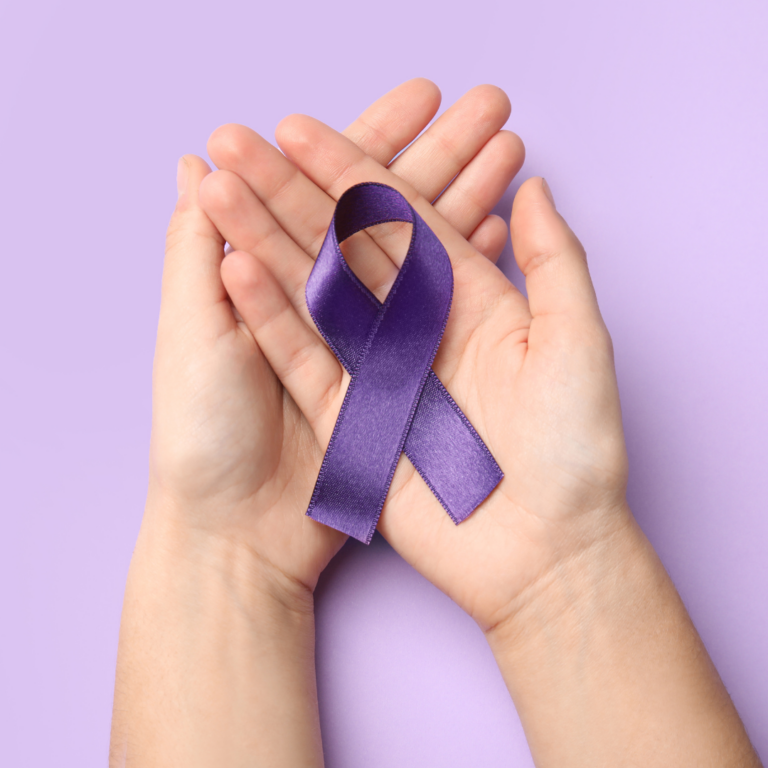In a world where voices often go unheard, there’s a crucial need for advocates who can stand up for those silenced by the horrors of domestic violence. Every year, millions of people, primarily women and children, suffer from physical, emotional, and psychological abuse within their own homes. These victims often feel trapped, alone, and without a means to escape the cycle of violence.
However, with the rise of awareness and empowerment, more individuals are stepping forward to become advocates for domestic violence victims, sparking a much-needed change in our communities.
What Do I Need To Know About Domestic Violence?
Domestic violence, also known as intimate partner violence, is a pattern of abusive behavior that one partner employs to gain and keep power and control over the other intimate partner in any relationship. It knows no boundaries of age, gender, race, or socioeconomic status. Such abuse can manifest in various forms, including physical, emotional, sexual, and financial abuse.
Intimate partner violence includes:
- Physical abuse
- Sexual abuse
- Sexual coercion
- Emotional abuse
- Stalking by current or former intimate partner
Victims of domestic violence often face serious challenges when seeking help. Fear of retaliation, financial dependence, cultural stigmas, and lack of support can all contribute to their silence. Moreover, societal misconceptions and victim-blaming attitudes can further isolate survivors, making it even more challenging for them to break free from the cycle of abuse.
Becoming an advocate for domestic violence victims requires empathy, education, and a commitment to social change. Advocates are crucial in providing survivors support, resources, and empowerment, helping them navigate the complex journey toward healing and independence.
How to Be an Advocate for Domestic Violence Victims
- Educate Yourself: Start by educating yourself about the dynamics of domestic violence, its impact on survivors, and the resources available in your community. Attend workshops, seminars, or online courses to deepen your understanding of this issue.
- Listen and Support: Practice active listening and provide a safe space for survivors to talk about their experiences. Offer non-judgmental support and validation, letting them know they are not alone and that help is available.
- Raise Awareness: An advocate can use their voice to raise awareness about the prevalence of partner violence in today’s society. Share educational materials, participate in awareness campaigns, and converse with friends, family, and colleagues to challenge harmful stereotypes and misconceptions.
- Volunteer: Volunteer your time and skills with local organizations or shelters that support domestic violence survivors. Offer to assist with hotline support, fundraising events, or outreach programs to raise awareness and provide resources to those in need.
- Advocate for Policy Change: Get involved in advocacy efforts to influence policy changes that support survivors of domestic violence. Involvement may include lobbying for increased funding for victim services, advocating for stronger legal protections, and sponsoring initiatives that promote prevention and education.
- Practice Self-Care: Advocating for domestic violence victims can be emotionally taxing. Make self-care a priority by setting boundaries, seeking support from mentors and peers, and engaging in activities that bring joy and rejuvenation.
By becoming an advocate for domestic violence victims, you have the power to make a difference in the lives of those who have been silenced and marginalized. Your actions, whether big or small, can create ripple effects of empowerment, resilience, and social change. Together, we can build a world where every voice is heard, and every survivor is supported on their journey toward healing and justice.
Stepping into the role of an advocate for domestic violence victims is both a responsibility and an opportunity to contribute to a more compassionate and just society. Through education, empathy, and action, we can amplify the voices of survivors, dismantle systems of oppression, and create safer communities for all.
Here at Bridges Domestic Violence Center, we understand that leaving an abusive situation can be complicated, difficult, and dangerous. Through our team of highly skilled domestic violence advocates, we provide safe emergency shelters, as well as resources that support long-term goals of healing, safety, and self-sufficiency for victims and their loved ones.
We are a member agency of United Way of Greater Nashville.

